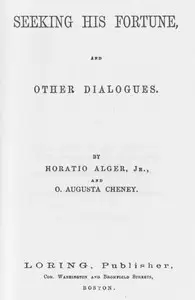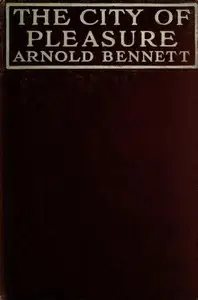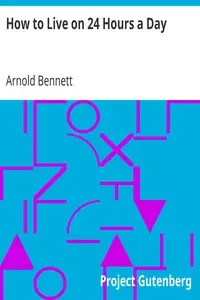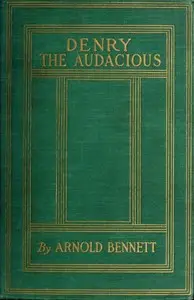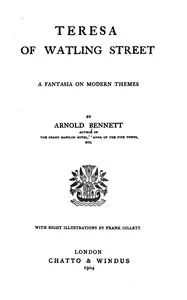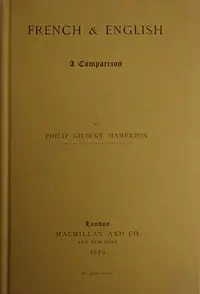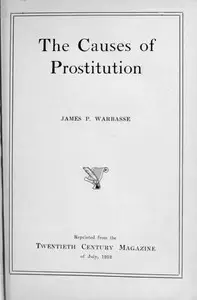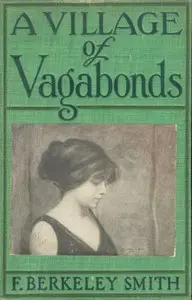"The Loot of Cities" by Arnold Bennett is a series of imaginative tales that follow Mr. Bruce Bowring, a wealthy man, on his quest to discover true joy. When Mr. Bowring, a rich financier, gets a strange phone call about a theft about to happen at his house, the story starts with excitement. As he thinks about what the warning means while preparing for a shareholder meeting, his irritation turns to worry. We get a glimpse into Mr. Bowring's sophisticated world as he goes to a restaurant to see his wife, where hidden encounters and insights await. The story shows he is a complicated person who struggles with his wealth and has dreams and dishonesty by showing different parts of his personality. Other characters who point to bigger stories inside this amazing investigation are also presented in these stories.
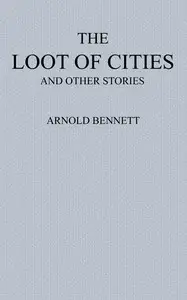
The Loot of Cities Being the Adventures of a Millionaire in Search of Joy (a Fantasia); and Other Stories
By Arnold Bennett
A millionaire's life turns upside down when a mysterious warning sets him on a path filled with societal intrigue, unexpected encounters, and a quest for true happiness.
Summary
About the AuthorEnoch Arnold Bennett was an English author, best known as a novelist, who wrote prolifically. Between the 1890s and the 1930s he completed 34 novels, seven volumes of short stories, 13 plays, and a daily journal totalling more than a million words. He wrote articles and stories for more than 100 newspapers and periodicals, worked in and briefly ran the Ministry of Information during the First World War, and wrote for the cinema in the 1920s. Sales of his books were substantial, and he was the most financially successful British author of his day.
Enoch Arnold Bennett was an English author, best known as a novelist, who wrote prolifically. Between the 1890s and the 1930s he completed 34 novels, seven volumes of short stories, 13 plays, and a daily journal totalling more than a million words. He wrote articles and stories for more than 100 newspapers and periodicals, worked in and briefly ran the Ministry of Information during the First World War, and wrote for the cinema in the 1920s. Sales of his books were substantial, and he was the most financially successful British author of his day.

